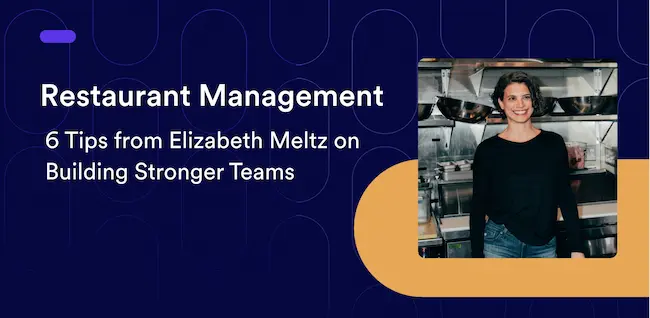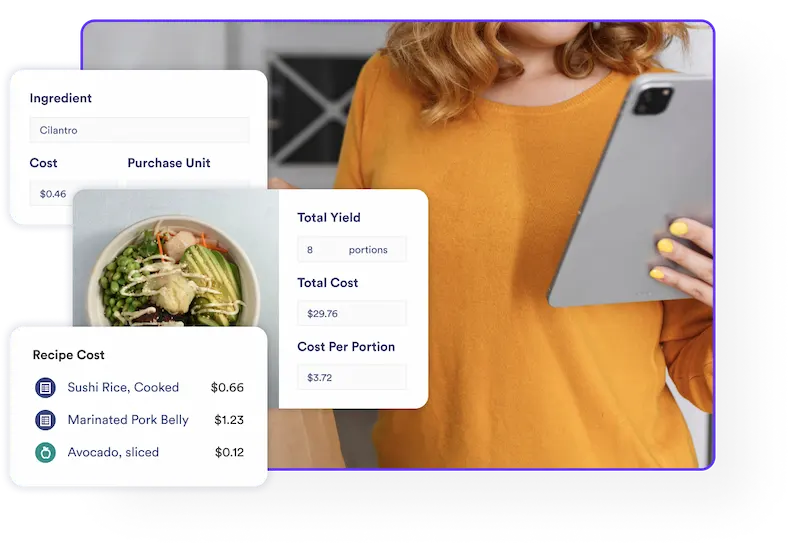In the second part of our conversation with Chef Seamus Mullen on The meez Podcast, we delve deeper into the profound reasons behind his passion for cooking, the importance of intrinsic motivation, and how embracing challenges can lead to a more fulfilling life.
Here are some key takeaways from our discussion that offer valuable advice for anyone striving to find meaning and success in their culinary journey or any other aspect of life.
1. Autophagy and the Role of Stress
During the conversation, Mullen explains autophagy, the body’s process of eliminating damaged cells and regenerating healthy ones, driven by fasting, physical exertion, temperature extremes, and stress. He likens autophagy to natural selection, showing how these controlled stressors strengthen individuals and biological systems. Embracing such stressors, like fasting or intense exercise, enhances cellular health and overall resilience, leading to better health outcomes.
Takeaway:
Autophagy, driven by stressors like fasting and physical exertion, rejuvenates cells and fortifies biological systems. Embracing these controlled stressors can improve health, resilience, and overall well-being.
2. The Impact of Avoiding Pain on Happiness
Mullen reflects on how modern conveniences have shielded us from natural suffering, leading to a paradox where artificial challenges may be necessary to stimulate growth and satisfaction. He draws a connection between physical and emotional pain, suggesting that avoiding discomfort can diminish our capacity for true joy and fulfillment. By confronting and embracing discomfort, whether through physical exertion or emotional challenges, we enhance our ability to experience pleasure and personal growth.
Takeaway:
Avoiding pain and discomfort can limit our capacity for genuine happiness. Embracing and confronting challenges, whether physical or emotional, can enhance our overall well-being and ability to experience joy.
3. Outsourcing Happiness and Personal Fulfillment
Early in his career, Mullen’s drive was fueled by the need for external validation, finding joy in accolades and recognition. However, he soon realized that true happiness doesn’t come from others' approval but from within. Mullen’s shift in perspective highlights a crucial lesson: relying solely on external validation can undermine personal contentment.
Takeaway:
Focus on the intrinsic rewards of the craft—finding satisfaction in the process of cooking itself rather than the applause it might garner. True fulfillment comes from a genuine connection to your work and personal growth.
4. Cooking with Soul and Love
Mullen emphasizes that cooking with soul and passion transcends mere technical skill. His approach to cooking is not just about executing recipes but about imbuing dishes with genuine love and emotional investment. Mullen believes that this personal touch brings out the true essence of food, making it more memorable and meaningful.
Takeaway:
While technical proficiency is essential, the emotional and personal connection to the food elevates it beyond standard culinary execution. This approach fosters a deeper connection with diners and creates a more impactful dining experience.
5. Scaling Food and Consistency
During the conversation, Mullen discusses the challenge of scaling food while maintaining quality, emphasizing that while consistency is important, it shouldn't stifle creativity or the unique qualities of each dish. He highlights the tension between standardization and the personal touch that defines great food, advocating for a balance where consistency ensures quality, but flexibility allows creativity to shine, preserving the distinctiveness that makes food exceptional.
Takeaway:
Strive for consistency in key areas of food preparation while allowing room for creativity and individuality. This balance ensures quality and uniqueness in your culinary offerings.
6. The Importance of Observational Cooking
Mullen emphasizes the significance of observation and adaptability in cooking. He notes that each ingredient and cooking situation is unique, requiring a flexible and responsive approach rather than rigid adherence to recipes. His practice of adapting to variations in ingredients and conditions highlights the importance of being present and attentive in the kitchen.
Takeaway:
Developing a keen sense of observation and adaptability can enhance cooking outcomes. Being attuned to the nuances of ingredients and cooking processes allows for more precise and effective adjustments, resulting in better dishes.
7. Mindfulness in Cooking
According to Mullen, being present and focused enhances the quality of the food and the overall cooking experience. His approach involves engaging fully with each step of the cooking process, which leads to more refined and enjoyable dishes. Mullen’s perspective on mindfulness suggests that a deliberate and attentive approach to cooking can elevate both the process and the results.
Takeaway:
Practice mindfulness in your cooking by focusing fully on each step and detail. This approach improves the quality of your dishes and enhances your overall enjoyment of the culinary process.
8. Self-Compassion and Imperfection
Mullen reflects on the role of self-compassion and accepting imperfection in cooking. He acknowledges that striving for perfection can be counterproductive and that embracing imperfections is part of the creative journey. His experience highlights the value of viewing mistakes as learning opportunities rather than failures.
Takeaway:
Embrace self-compassion and accept imperfections as part of the creative process. Viewing mistakes as opportunities for learning fosters resilience and growth in your culinary career.
9. Cooking for the Ingredient, Not the Audience
Mullen advocates for focusing on the ingredients rather than the audience when cooking. He believes that prioritizing the intrinsic qualities of the ingredients leads to more authentic and satisfying dishes. This approach encourages a deeper connection to the food and a more meaningful culinary experience.
Takeaway:
Cooking with a focus on the ingredients fosters creativity and authenticity. By valuing the ingredients themselves, you can create dishes that are more true to your vision and more impactful for those who experience them.
10. The Role of Feedback and Validation
Mullen acknowledges the importance of feedback and validation but emphasizes that it should not be the sole driver of your culinary endeavors. He suggests that while feedback is valuable for improvement, it should be balanced with personal satisfaction and creative vision.
Takeaway:
Use feedback as a tool for improvement but don’t let it dictate your self-worth or creative direction. Balance external validation with personal satisfaction and vision.
11. Integrating Passion and Practicality
Mullen demonstrates how integrating passion with practicality can enhance the culinary experience. He highlights that while emotional investment is crucial, practical tools and systems also play a significant role in achieving success. His approach involves combining a deep connection to the food with effective recipe management and operational efficiency.
Takeaway:
Balancing passion with practical considerations leads to better outcomes in the kitchen. By aligning emotional investment with practical tools, you can achieve both creativity and efficiency in your culinary work.
Conclusion
Ultimately, Mullen's perspectives teach us that personal fulfillment in the culinary world—or any endeavor—is a balance of embracing challenges, nurturing intrinsic motivation, and continually aligning passion with practical effectiveness. By integrating these principles into our professional and personal lives, we can create a path that is not only successful but deeply fulfilling.
We hope these insights inspire you to reflect on your own journey and consider how you might apply Mullen's wisdom to enhance your culinary practices and overall well-being.
Listen to the full conversation with Chef Seamus Mullen on The meez Podcast



.webp)



